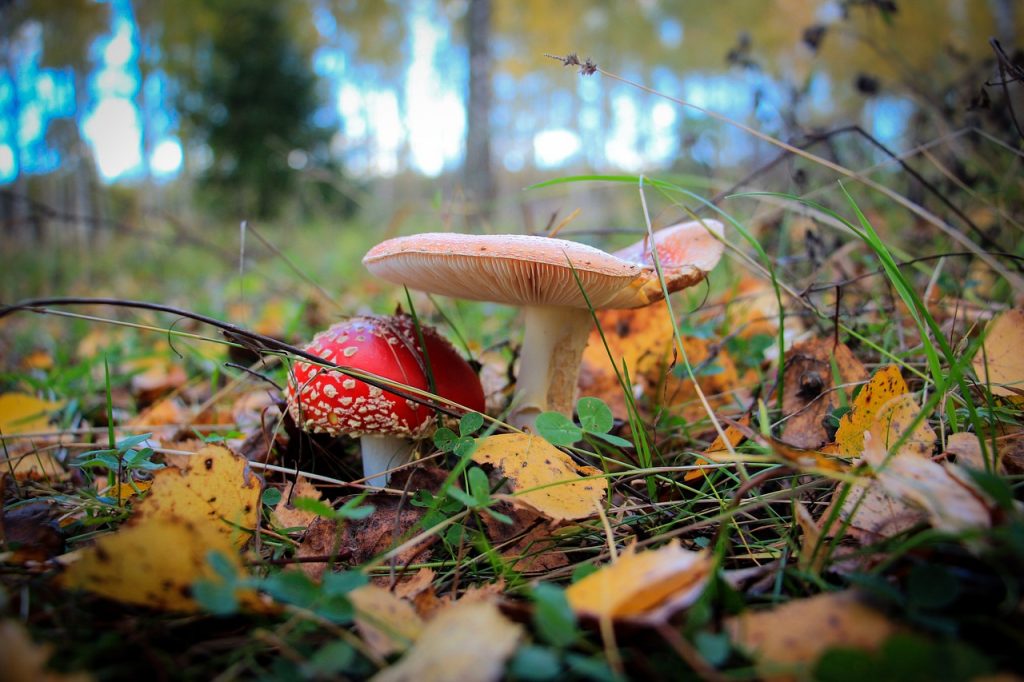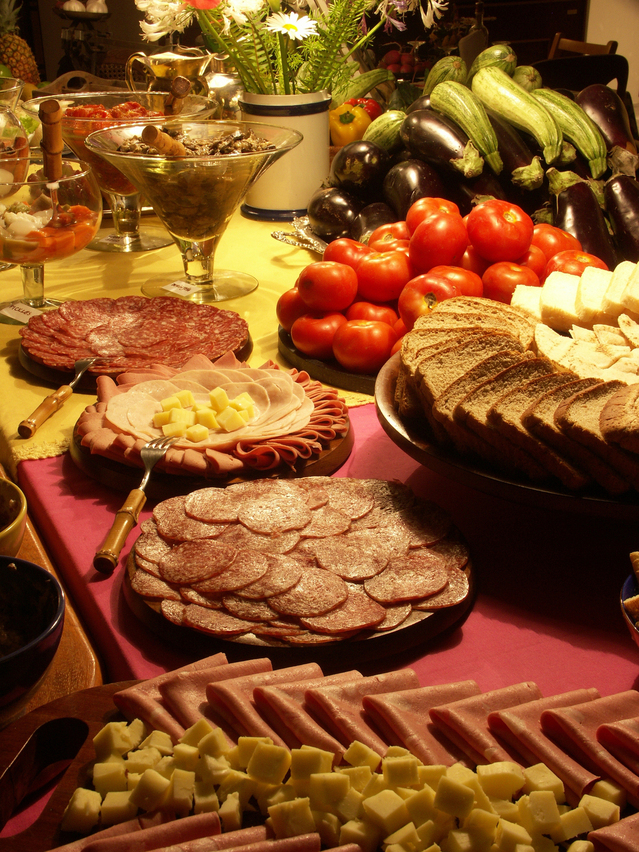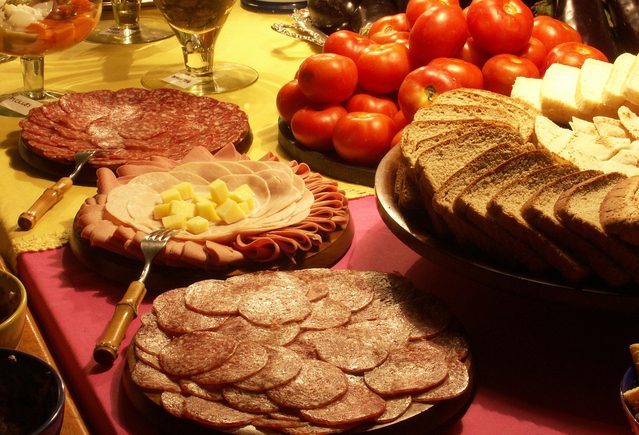Fasting has many good effects on our spiritual health as well as on our physical health.
I believe that by understanding the physical health benefits, we can learn about the spiritual benefits too.
The way our body works can often give a good picture of how our spirit works.
The benefits of fasting
Your body can benefit from simply skipping a meal or fasting for a day, but it is by fasting several days that we can start to reach the full extent of the benefits.
The first days of fasting are generally the most difficult ones. After two or three days, the body gets used to not having food and the mechanism of autophagy starts.
What is a spiritual fast?
On a spiritual level, fasting is a bit like going to the wilderness to seek God, away from the busyness of this world. It is about depriving ourselves from the pleasures of this world in order to fully enjoy God.
We need times in our lives to go back to God, repent of our sins and remind ourselves of who He is and of who we are.
It is a good thing to fast spiritually and physically at the same time.
Physical fast vs. spiritual fast
Let’s explore some benefits of fasting.
1) Fasting cleanses
What happens if you never clean or tidy your house? It becomes unhealthy and unpleasant to live in.
Unless you already have a very balanced diet and lifestyle (which is not the case for most people), you certainly need to do some tidying and some cleaning in your own body from time to time. This is what fasting does. It is the same for the soul/mind.
| Physical fast | Spiritual fast |
|---|---|
This is what fasting does to your body:
In other words, fasting cleanses, repairs, regenerates the body and prevents many diseases. |
Times of solitude in prayer and reading the Scriptures are precious and are necessary to in preventing spiritual decay.
Spiritual fasting is about cleansing and changing our lifestyle and getting rid of what has become a hindrance to our spiritual growth. |
Reflection questions
- Is there anything in your life you need to get rid of?
- Are there activities in your life that take too much of your time or thoughts?
- Does your home need to fast as well? Are there things in it that distract you from what really matters?
2) Your mind gets clearer and you have more energy
| Physical fast | Spiritual fast |
|---|---|
| In autophagy mode, the body stops getting its energy from food and will use the fat which is already in the body instead. This releases ketones which have a positive effect on the brain and as a result of this, our mind becomes clearer.
On top of that, when you fast, your body stops using energy to digest food, which means that many people have more energy and feel better (especially when fasting has become a habit). Fasting is a time for the body to rest. |
Being on our own, away from the busyness of this world helps us to hear God better.
We start to see and understand things we couldn’t see before. Our spiritual mind becomes sharper and we have more zeal for God. |
Reflection questions
- When was the last time you felt God was speaking to you?
- Is your life too busy?
- Does your spiritual mind need to be sharpened?
3) Fasting makes you stronger
| Physical fast | Spiritual fast |
|---|---|
| Sport makes us healthier and the more we do, the more resistant and the stronger we become (though doing too much has a negative effect).
Fasting works pretty much the same way. The more we fast, the more resistant and the healthier we become. We can then fast even more and it becomes easier. Fasting helps us to be more self-controlled and to have control over physical desires such as: gluttony, sensuality, anger, envy… |
Spiritual life works like a muscle. You need to work it to make it stronger. The more we use it, the more enjoyable it becomes.
Spending times reading the Bible, in silence or in prayer can be difficult at first, but becomes a joy and a pleasure after a while. We live in a world where many people seek instant pleasure. They want to get an instant reward and give up when things become difficult. As disciples of Christ, we need to be different and to suffer in order to get long lasting rewards. Some of these rewards will only be received in Heaven. |
Bible verses
For the grace of God has appeared that offers salvation to all people. It teaches us to say no to ungodliness and worldly passions, and to live self-controlled, upright and godly lives in this present age
Titus 2:11-12
Reflection questions
- Is your life too comfortable?
- Do you labour for Christ?
- Do you work on your spiritual muscle?
- Is your life a walk in a park or a spiritual battle?
4) Fasting helps us to know ourselves better
| Physical fast | Spiritual fast |
|---|---|
| The more we push our body, the more we understand our capacity and the true limits of our body.
When fasting we see that we can live happily with only a little food, which shows how amazing God’s creation is. |
When we take time away from the busyness of this world, we realise that we don’t need much to be happy.
We can experience that true joy which comes from the presence of God not from the pleasure of this world. |
Bible verses
Give me neither poverty nor riches, but give me only my daily bread.
Proverbs 30:8
I know what it is to be in need, and I know what it is to have plenty. I have learned the secret of being content in any and every situation, whether well fed or hungry, whether living in plenty or in want. I can do all this through him who gives me strength.
Philippians 4:12-13
Fasting is not such a common practice in our society today, in which we have everything in abundance, but it is well worth doing.
To take time to be alone with God can sometimes be difficult. Silence and solitude are not always easy. But it is a necessity for our spiritual lives to seek His presence and receive His blessings.












